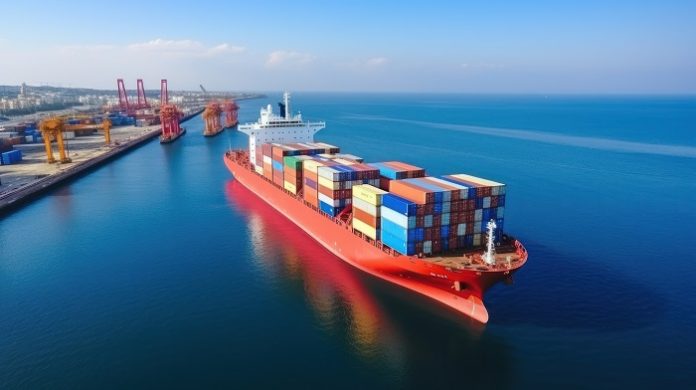Indian companies in the organic chemical and petrochemical sectors have approached the government to request antidumping investigations against imports from China. In the last couple of days, the Directorate General of Trade Remedies (DGTR) has either initiated antidumping probes or recommended antidumping duties on twelve different chemical, petrochemical, and bulk drug products, primarily originating from China.
While the extent of Chinese imports varies across different chemicals, domestic firms are uniformly affected in terms of both margins and volumes. India’s chemical imports from China have escalated to approximately $15.5 billion in April-January 2024 from $11.3 billion during the same period in 2020-21. Although concerns persist over the importation of chemicals from China at dumped prices, the situation regarding bulk drug imports is comparatively less alarming.
According to Ankit Kansal, Chairman of PHDCCI’s Healthcare Pharmaceutical Manufacturing Committee and Head of Special Projects at Mankind Pharma, Indian pharmaceutical companies have been experiencing intensified competition from Chinese imports in recent years, impacting pricing dynamics and market share.
In response, the government has implemented various measures such as the production-linked incentive scheme and initiatives for API manufacturing parks to bolster domestic production capabilities, Kansal added.
He further mentioned that domestic API companies may encounter heightened input costs in 2024 due to escalating raw material prices and disruptions in the supply chain, potentially impacting their production expenses and overall competitiveness.
India’s imports of active pharmaceutical ingredients (APIs) from China have surged from $2.17 billion in April-January 2021 to approximately $2.72 billion in April-January 2024. The API industry has faced challenges over the past four months, particularly regarding the rising costs of Key Starting Materials (KSMs) procured from China.
As reported by businessline, the situation has placed strain on India’s API sector, with manufacturers finding it difficult to transfer these expenses to formulators, particularly in products heavily reliant on Chinese inputs.
































